Chuck Morgan headed the American Civil Liberties Union’s Washington office in the mid-1970s. He worked with conservatives and liberals on free speech issues and became a friend to many on both sides of the political aisle. At the time I was working for New York’s conservative Sen. Jim Buckley who, along with Democrat Eugene McCarthy and others was preparing a legal assault on the campaign “reforms” passed in the wake of the Watergate scandals. The resulting suit, Buckley v. Valeo, eventually made it to the Supreme Court and resulted in recognition that the First Amendment does indeed limit government’s ability to restrict political speech.
As Mr. Morgan and I sat in his office one evening sipping bourbon and discussing the First Amendment issues involved in a campaign reform scheme that would impose contribution and spending limits in future campaigns, I asked him whether the ACLU would be interested in joining the suit as a plaintiff. He replied that I appreciated more than most the split between political liberals and civil libertarians on such issues within the ACLU and hoped that as a friend, I wouldn’t press for their involvement.
“I’m sorry to disappoint you,” I said, handing him a letter from Mr. Buckley formally asking the ACLU to join the suit. Chuck accepted it as if it was a live grenade and after due consideration, called to say that since Mr. Buckley was a New York senator, the national ACLU was declining to join the suit, but would forward the request to the New York Civil Liberties Union (NYCLU). The NYCLU was headed by Ira Glasser, a leader of the civil libertarian wing of the ACLU. Mr. Glasser and New York signed on and an ACLU attorney helped argue the case before the Supreme Court.
Within the ACLU Board, however, the NYCLU involvement was questioned by liberal activists. One ACLU Board member confronted the attorney helping on the case and told him his problem was that he cared too much about the “rights” of minority parties and people who didn’t share their values.
For decades, ACLU leaders like Mr. Morgan have walked a tightrope knowing the organization’s members and the ACLU Board are split between liberals, today called progressives, who care less about the First Amendment than about their ideological agenda, and civil libertarians who value the core mission of the organization over their own substantive political desires.
A similar dynamic tension exists in many organizations, but the anti-Trump fervor and “social justice” progressivism in vogue among many ACLU supporters is in conflict with the organization’s core First Amendment mission. Privacy and free speech and opposition to prosecutorial and regulatory overreach are taking a back seat to the politics of a younger generation of leftists. Taught otherwise, the influx of new anti-Trumpers and social justice warriors have little respect for the First Amendment or other limits on government that might actually prevent them from having their way on, well, everything.
The ACLU could easily morph into just another partisan activist organization, abandoning both its historically important core mission and ability to work with others who value free speech and constitutional liberty. Some leaders recognize the problem and are trying to avoid falling off the tightrope, but only time will tell if they are likely to succeed.
Too many Americans are willing to defend their own right to speak, but would silence others because they don’t like or are offended by what they say. One suspects that today’s ACLU might treat attorney Anthony Griffin differently today than in the 1990s. Mr. Griffin is a Black Texas civil rights and civil liberties attorney who volunteered a lot of his time to the ACLU and NAACP back then. He was serving as general counsel to the state NAACP when he agreed on behalf of the ACLU to defend the Texas Ku Klux Klan against an attempt by the state to force the group to turn over its membership list.
The NAACP Board was not amused and he lost his position. Mr. Griffin told me at the time that he tried to explain to fellow members of the NAACP that “if you believe in free speech, you have to stand up for a lot of people you don’t like who talk a lot of crap.” In those days the ACLU did just that, standing up for principle over all else; when Vice President Spiro Agnew came under investigation in the ’70s, the ACLU accused those investigating him with prosecutorial overreach.
The open question today is whether the ACLU, its members and, indeed the rest of us, continue to support the rights of others with whom we may disagree. One can only hope.
• David A. Keene is an editor at large for The Washington Times.
© Copyright (c) 2018 News World Communications, Inc.




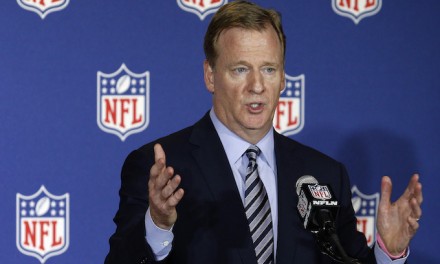

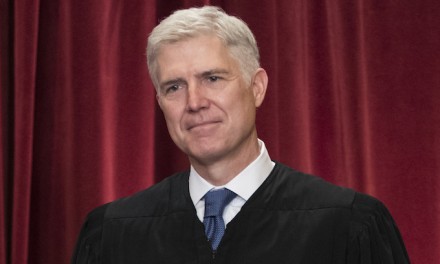
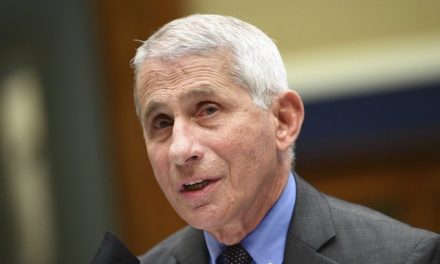







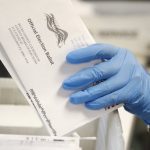


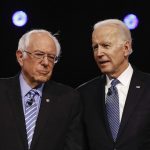
Recent Comments